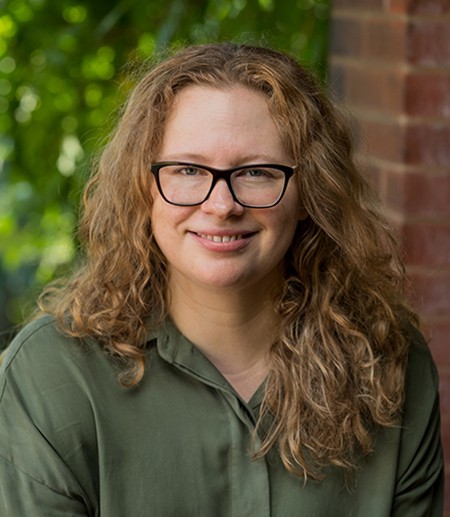Anthropologist to speak on climate change denial Oct. 30
By Emily Parsons
Despite overwhelming evidence that climate change is unfolding more rapidly than previously imagined, many policymakers around the world are rolling back environmental protections. Anthropologist Jennifer Carlson will give a talk, “Denial’s Authority: Anti-Environmentalism and the Aesthetics of Negativity in Contemporary Climate Politics,” Oct. 30 at 4:30 p.m. at A.D. White House. Carlson is the Cornell Society for the Humanities 2018-19 sustainability fellow.
Drawing on her ethnographic research in South Texas and coastal northern Germany, Carlson will discuss how embracing anti-environmentalism provides a kind of social affirmation. While both regions have embraced renewable energy as an industry, Carlson found that many of the people working in the energy industry and living in these precarious coastal landscapes deny climate change.
“If we’re going to reach out to people, we have to understand that we’re not being asked to educate or optimize, but to improvise with and learn from how their vernacular theories of power and capital enable them to adapt to their world,” Carlson said.
Carlson, a visiting scholar in energy humanities at Rice University’s Center for Energy and Environmental Research in the Human Sciences, researches how the ability to deny climate change increases one’s political authority. Her work employs critical and theoretical humanities tools to understand why scientific evidence is, for some, a reason to become more oppositional, and why evidence does not always amount to authority. “Denial seems to create a sense of social solidarity in a way affirmation cannot,” she said.
This semester Carlson is teaching a class titled Deranged Authority: Culture, Power, and Climate Change. Studying a real-world problem from a variety of perspectives has been rewarding, she said. “My students are really trying to understand the complex question of climate change, not only from an intellectual perspective but from the perspective of living as neighbors.”
The lecture is sponsored by the Society for the Humanities and the Atkinson Center for a Sustainable Future.
Emily Parsons is program coordinator for the Society for the Humanities.
Media Contact
Get Cornell news delivered right to your inbox.
Subscribe

